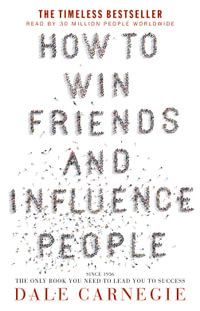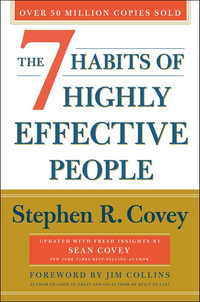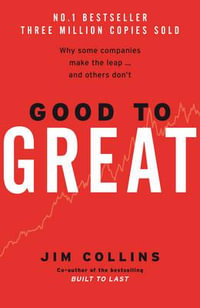"This is a complex, challenging and provocative text. Yet it is highly readable. And you should read it! At root this book offers a very lucid and clear-headed explanation of why the turkeys voted for Christmas. Or more plainly the text explains in a non-judgemental fashion why places like Grimsby, Carlisle, Durham and Ipswich voted to leave the EU while London and Norwich voted to remain. Within and beyond this account of Brexit the text represents a call for a new form of business education and for a new type of political engagement. Yet perhaps more importantly the text calls for the return to a genus of capitalism which understands that markets are social arrangements which must take heed of the reciprocal obligations which facilitate exchange. And on this point it is worth drawing upon the words of the authors: 'it is not immigrants that are the real threats[to the people of Grimsby, Durham, Carlisle and Ipswich] rather it is the elites [who mis-manage their affairs before withdrawing from public life into a genteel and generously funded retirement]."
David Collins, Dean, Suffolk Business School, UK.
"Many of us still do not understand why anti-globalization, as an idea, is gaining traction in an era that once anticipated to bear the "global village" fruits. Well this book solves the puzzle in a multi dimensional - Economical, Technological, Political, Social and Motivational - structured way. An excellent book, easy to read and follow the flow of the arguments!"
Ghaleb Al Ghoutani, Head of Organizational Development, Rawabi Holding Group.
"This book is a must buy for anyone interested in Political Science, Business & Management, and Economics. Andrew Taylor and Adam Bronstone have brought together in this volume a set of coherent arguments about why the convergence of globalization and technology is changing socio-economic relationships and leaving many people behind. They provide a detailed consideration of how technology and globalization have come together, ways in which this took place, what it means, and how this has affected both workers and consumers. In doing this, they paint a dynamic and complex picture of the Western world that led to a storm of challenges people are facing today, due primarily to well-meaning political, social and economic decisions stemming back through several decades."
Steven J Armstrong, Professor of Organizational Behaviour, University of Lincoln, UK, and Professor of Business Administration, Beijing University of Technology, China.
"As globalisation expanded we have forgotten our essence: we are social beings that need a sense of belonging and purpose Blending quantitative and qualitative analysis, the book reminds us of the importance of nourishing these, with suggested solutions, that if implemented, would nurture both growth and oikophilia."
Gabriel Juri, Managing Director Romania, Waters Corporation.
"This is a fascinating read about how politics and economics have built our modern day societies: progress, technology and globalization bringing opportunities to some and anxiety to many. Is there a new model of life, politics and economics?
The authors are quite convincing: next to technology we need social innovation. And social innovation leaders. It's about time. Next Silicon Valley should be of social innovation.
This will reform capitalism from its core and place more virtue into our definition of success. Well, I can only say, that is the political economy to live for. "
Tiberiu Moisa, Deputy CEO Banca Transilvania.
























